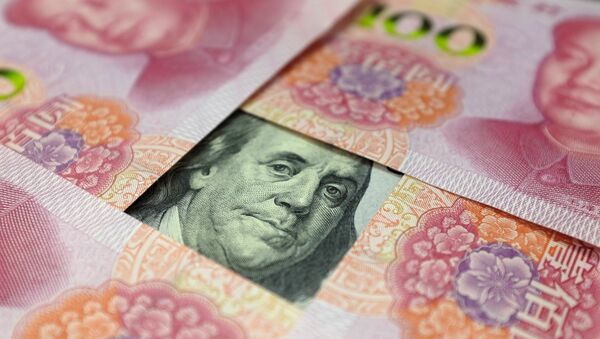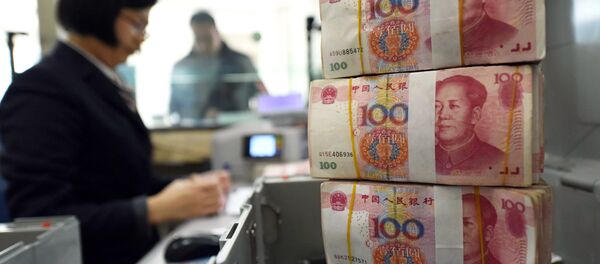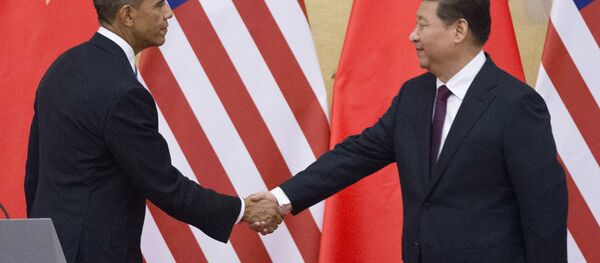Washington and Beijing have political differences on a number of issues, especially over a territorial dispute in the South China Sea.
The tensions in the South China sparked several years ago after the US changed the strategic doctrine, naming the Pacific its top priority region.
For several years, Washington has been deploying warships across the globe. Their military presence prompted China’s neighbors, including Vietnam, Malaysia, Philippines, and Taiwan, to intensify their efforts to counter China’s alleged buildup in the region.
The Pentagon has repeatedly sent ships and aircraft to the disputed area. Beijing has raised protest in response. Ahead of the talks, China announced the establishment of the South China Sea as an area protected by Chinese air defenses.
Nevertheless, Washington and Beijing do not want to escalate political tensions and thus are unlikely to launch an open conflict in the South China Sea.
Last week, the EU, Japan and some other countries accused Washington of undermining the work of the World Trade Organization (WTO) after Washington vetoed the reappointment of South Korean judge Seung Wha Chang to the Appellate Body. Washington accused him of acting in favor of China’s interests.
The latest WTO dispute once again proves that most of its members use their membership to pursue own interests but not for maintaining equal conditions for global trade relations.
"US opposition comes at a time when many believe Washington has been losing faith in the WTO and is preparing for a big fight with China over how and when economies can deploy anti-dumping defenses against cheap imports," an article in The Financial Times read.
What is more, Washington is concerned over the expansion of Chinese capital in the American market. This year, Chinese companies have actively bought assets, companies and real estate in the US.
Another problematic point between Washington and Beijing is currency. The US and other Western countries have repeatedly criticized China for devaluating the yuan. Beijing does not want the US Federal Reserve to raise interest rates because higher interest rates draw capital from China to the US. Each time the Fed has hinted on the possible interest rate hike the Chinese Finance Ministry has devalued the yuan to prevent capital outflows.






